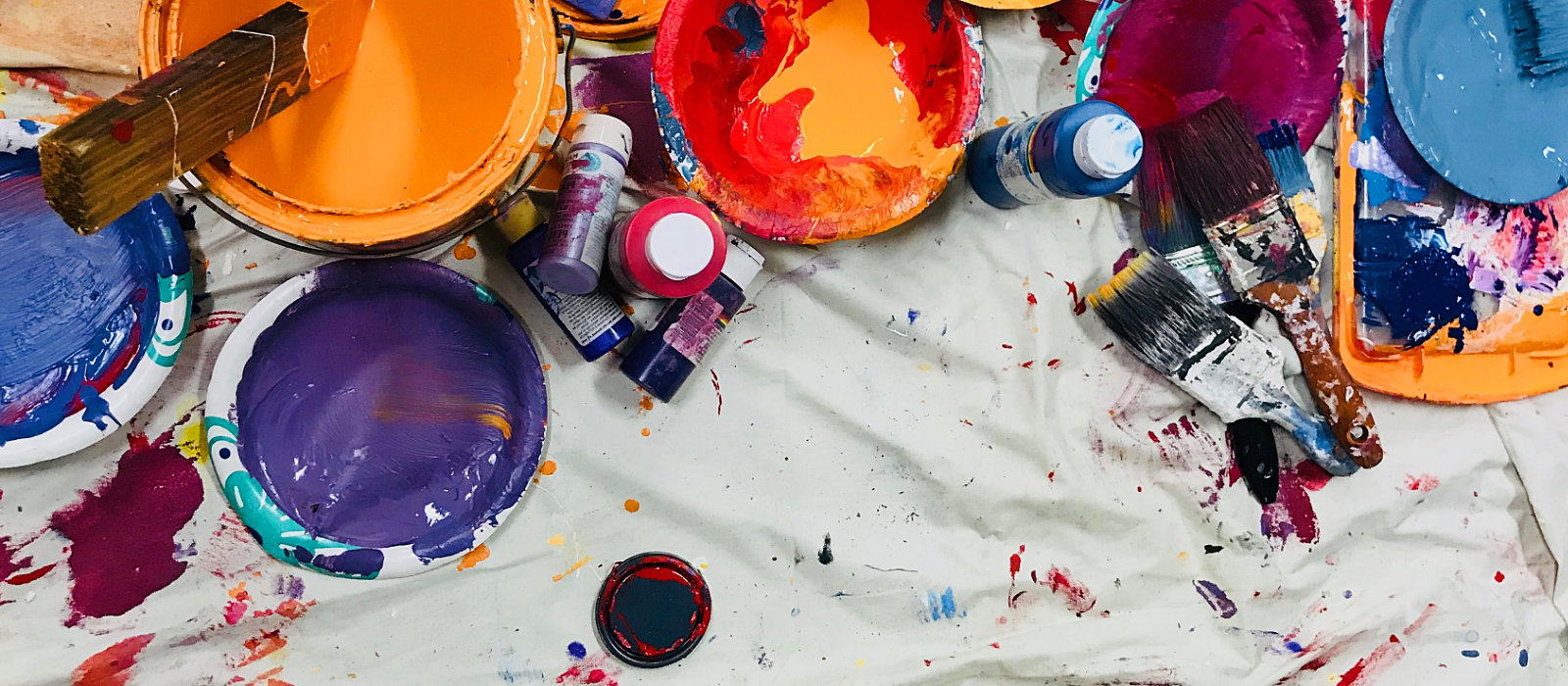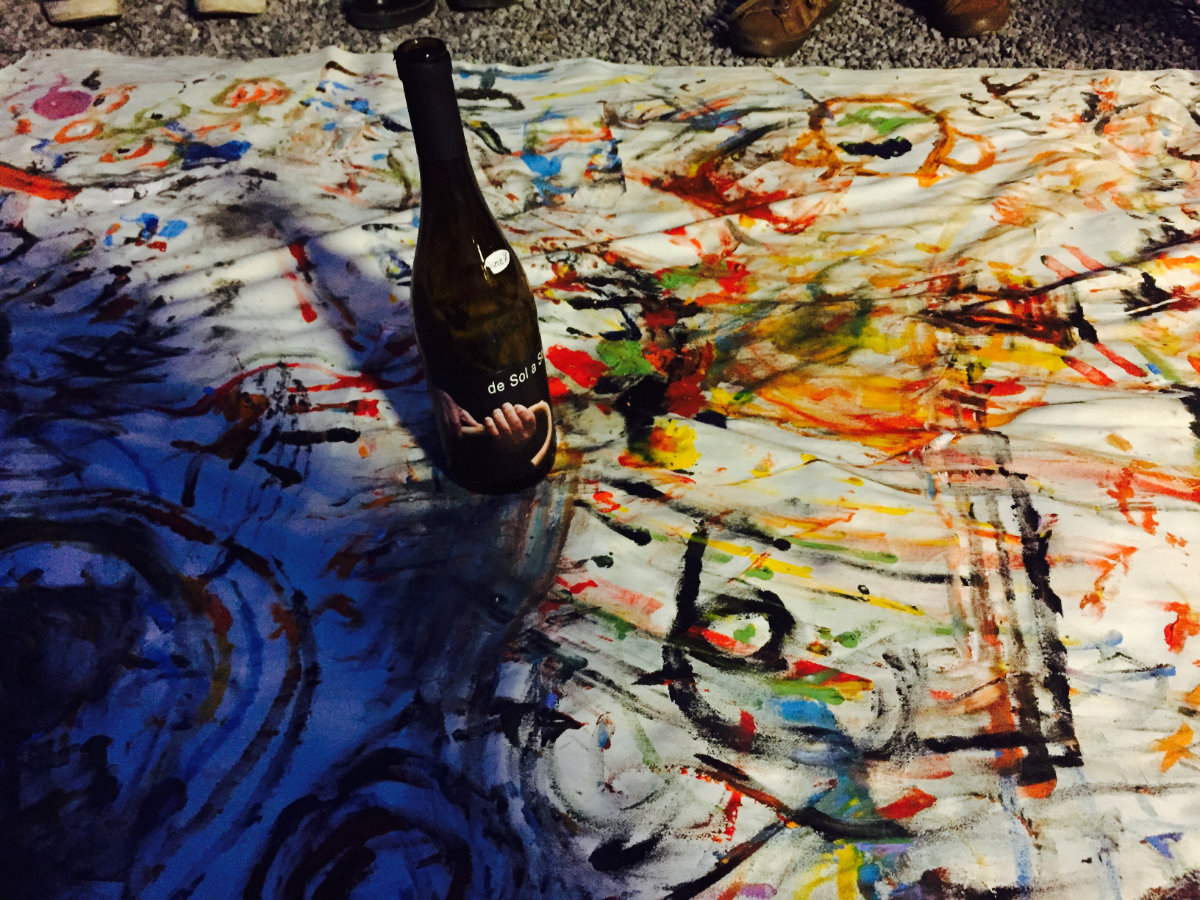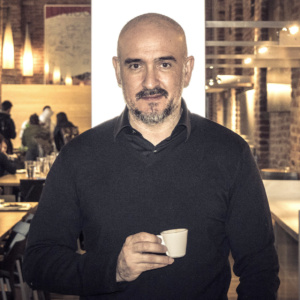The New Gastronome
Epistenology
Wine as an Instrument of Knowledge of the Self
by Nicola Perullo
by Nicola Perullo

A small but constant and increasingly global revolution is underway in terms of how we approach wine, its appreciation and its languages. And, without fear of being considered mythomaniacs, we can say that our University of Gastronomic Sciences of Pollenzo is at the center of this transformational movement.
In 2014, as the result of twenty years of research and teaching, our University bore a model of teaching and learning through wine, which had – and still has – no equal in Italy and, I think I can venture to say, perhaps even in the world. I’m talking about the Epistenology Laboratories held during spring time – especially for the third year students of the undergraduate course – in the rooms and garden of our Gastronomic Society.
What is Epistenology?
I invented this term – which then became the title of a book of mine – to indicate, on the one hand, a simple play on words (epistemology + enology), that is a theory of the knowledge of wine; and on the other hand, much more deeply, that knowing wine must in reality always mean to know with wine.
A. D. V. E. R. T. I. S. I. N. G.
Epistenology, in other words, proposes a radically relational model of knowledge, alternative to the modern and western scientific paradigms based on the distinction between subject and object. Knowing with wine, therefore, means, at one and the same time, knowing the wine and knowing oneself, building a relationship that is always participatory and active; before the separation of subject and object, there is the relationship, unitary and non-fragmented.
“Knowing with wine, in the end, means learning to learn from it and with it, listening to it, knowing that when we talk about wine, we always talk about ourselves and how we see things and the world.“
Epistenology consists of the discovery of models dealing with listening, attention and participation with wine that is expressed in different ways of talking about and communicating its value. During the sessions, each wine is presented alone, to avoid comparisons as it is not meant to be a competition; each wine is experienced through different perceptive channels. For example, students are encouraged to describe it using images and metaphors as if it were a living or human being, an environment or natural phenomenon (dawn with wine and wine is dawn). We might also use music to weave multi sensoriality and synaesthesia. Moreover, the wine is tasted from unusual containers (bowls, bottles, etc.) to widen the range of possible effects. Finally, it is used as a connective of interpersonal relationships between the participants (who are involved in exercises to discover the creative possibilities of their identities) and also intra-personal (for example, with meditation exercises where the wine is tasted slower, favoring a different time). These are just some examples, as, in reality, the model is enriched with new cases every time, because Epistenology is not a standardized method but a flexible and open approach.

Year after year, hundreds of students have been transformed by this experience, became enthusiastic and many of them have brought in their own activities – of study or professional, directly related to the wine but also about what they have retained and learned. There are dozens of students working in the world of wine around the world thanks to the passion and the love for it born during the Gastronomic Society “epistenological sessions”.
In particular, I think we can say that the most important message that is born and developed in these workshops, is the following: thanks to that wonderful artifact that is wine, one learns that true and profound knowledge requires passion and courage to expose oneself. Knowing with wine, in the end, means learning to learn from it and with it, listening to it, knowing that when we talk about wine, we always talk about ourselves and how we see things and the world.
Bibliography
N. Perullo, Epistenologia. Il vino e la creatività del tatto, Milano 2016.
N. Perullo, Il gusto non è un senso ma un compito, Milano 2018.
